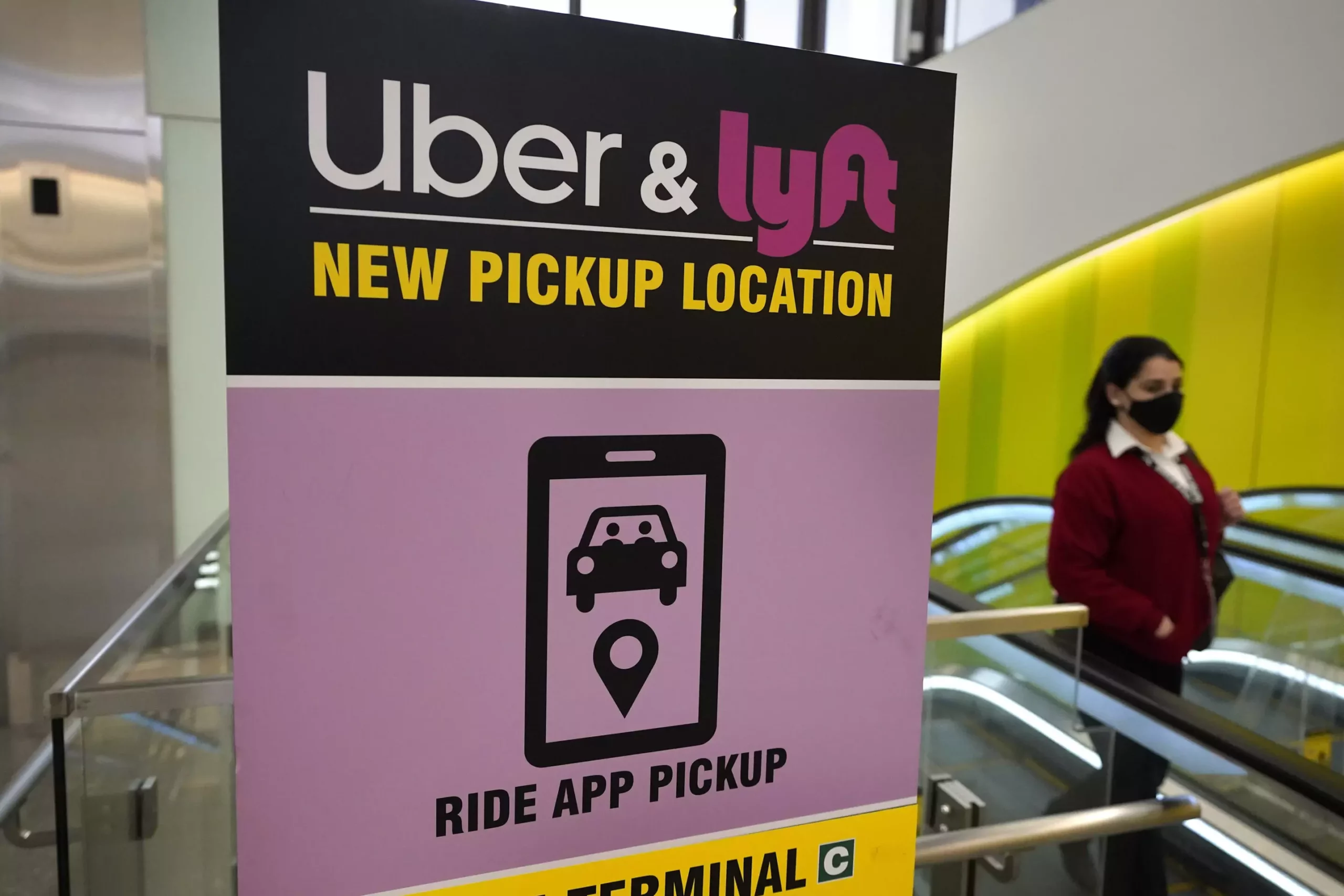The recent decision by the Minneapolis City Council to implement a new ordinance aimed at increasing wages for app-based drivers has caused a ripple effect in the gig economy sector. The ordinance mandates that ride-hailing companies pay drivers a minimum of $15.57 per hour, equivalent to the local minimum wage. This move has been applauded by supporters who believe it prioritizes workers’ rights over corporate interests. However, the response from companies like Lyft and Uber has been less than favorable, with both entities announcing their plans to halt operations in Minneapolis once the ordinance takes effect on May 1.
Lyft and Uber’s Response
Lyft and Uber have publicly denounced the city ordinance, labeling it as “deeply flawed” and unsustainable for their operations. Both companies have expressed concerns about the economic viability of the new wage requirements, claiming that it could lead to thousands of job losses and leave many riders stranded. While Uber’s senior director of public affairs, Josh Gold, criticized the City Council’s decision, drivers like Emmanuel Noah, who have been directly impacted by the ordinance, hope that the companies will reconsider their stance and prioritize the well-being of their workforce.
Impact on Drivers and Passengers
In the midst of this controversy, drivers like Emmanuel Noah are struggling to make ends meet while waiting for fares at Minneapolis-St. Paul International Airport. The prospect of losing their livelihood due to the companies’ response to the ordinance has raised concerns among drivers and passengers alike. While some passengers like Jake Hay, who rely on ride-hailing services for their daily commute, are skeptical of the companies’ claims of financial inability to raise wages, others are worried about the potential inconvenience of having to find alternative modes of transportation.
The Minneapolis ordinance is not the first of its kind, as similar measures have been introduced in other cities and states across the country. Last year, the Minnesota Legislature passed a bill that aimed to increase pay and job security for Lyft and Uber drivers, only to be vetoed by Governor Tim Walz. The political back-and-forth between local officials and state legislators highlights the complex landscape of gig economy regulations. As House Republicans propose a bill to counteract the Minneapolis ordinance, the possibility of statewide legislation looms large, leaving many wondering about the future of driver wages and working conditions.
The Minneapolis ordinance is a microcosm of the larger debate surrounding gig economy workers’ rights and fair compensation. Across the country, gig workers have been advocating for better pay and improved working conditions, with mixed results. While some cities like New York City and Seattle have implemented minimum wage requirements for food delivery workers, others like Austin have faced pushback from companies like Lyft and Uber, resulting in their temporary departure. The ongoing legal battles over worker classification in California and the recent federal standards enacted by President Joe Biden’s administration further complicate the landscape for gig economy companies.
The Minneapolis ordinance to increase wages for app-based drivers has not only sparked a heated debate between ride-hailing companies and city officials but also shed light on the broader issues facing gig workers nationwide. As the gig economy continues to evolve and grow, the need for fair compensation, job security, and worker protections becomes increasingly essential. The ongoing struggle between corporate entities and workers’ rights advocates underscores the complex interplay of economic, political, and social factors in shaping the future of the gig economy.



Leave a Reply